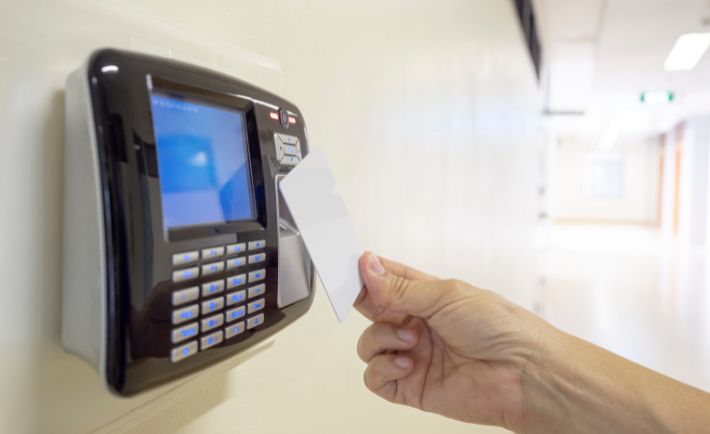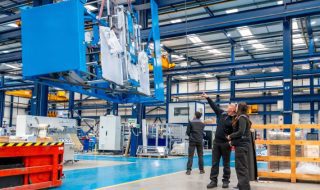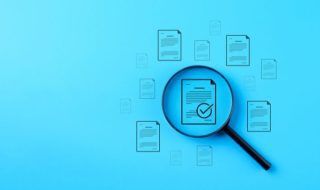
Radio frequency identification (RFID) technology holds significant promise across various industries. Initially designed for tracking inventory, its applications have expanded dramatically. Explore some of the most innovative, future-forward uses of RFID to enhance your appreciation of this technology.
Enhanced Warehouse Asset Tracking
Managing inventory in a large warehouse can be challenging. RFID technology simplifies this process by providing real-time data on asset locations and statuses. Specialized RFID tags affixed to products and pallets allow warehouse managers to track items throughout their facilities.
This capability enables more accurate inventory counts, reducing the risk of stockouts or overstock situations. Additionally, RFID systems help identify misplaced items quickly, saving valuable time and resources. By integrating RFID into your warehouse operations, you can achieve improved efficiency and cost savings.
Streamlined Retail Operations
Retailers benefit greatly from RFID technology, particularly in inventory management and loss prevention. Placing RFID tags on products allows for easier tracking and restocking. Store employees receive alerts when stock levels drop below a certain threshold, so they can replenish shelves quickly.
RFID also enhances the shopping experience for customers. Smart fitting rooms equipped with RFID readers can suggest complementary products and tailor recommendations to individual preferences. Furthermore, self-checkout processes become faster and more accurate, reducing wait times and improving customer satisfaction.
Revolutionized Healthcare Management
Hospitals and healthcare facilities face unique challenges in tracking medical equipment and supplies. RFID technology offers a solution by enabling precise monitoring of high-value items and critical pharmaceuticals. Attaching RFID tags to medical devices ensures they are always available when needed and reduces the likelihood of theft or misplacement.
Patient care also benefits from RFID through improved medication administration and patient tracking. Nurses and doctors can quickly verify that patients receive the correct treatments, minimizing the risk of errors. Additionally, RFID wristbands guarantee accurate patient identification throughout their hospital stay.
Enhanced Security and Access Control
RFID technology plays a crucial role in promoting robust access control within corporate offices, educational institutions, and other secured environments. RFID-enabled ID cards provide a seamless way to grant and restrict access to specific areas. Unlike traditional keys or magnetic stripe cards, RFID cards offer higher security levels and are harder to duplicate.
For event management, RFID wristbands streamline entry processes and enhance attendee experiences. Event organizers can monitor crowd movement, manage capacities, and provide personalized services based on attendee preferences captured through RFID data.
The applications for RFID technology extend well beyond simple inventory tracking. From streamlining warehouse operations and retail management to revolutionizing healthcare and enhancing security, RFID demonstrates remarkable versatility. As technology advances, new and innovative uses for RFID will continue to emerge, offering even greater benefits across various sectors.




